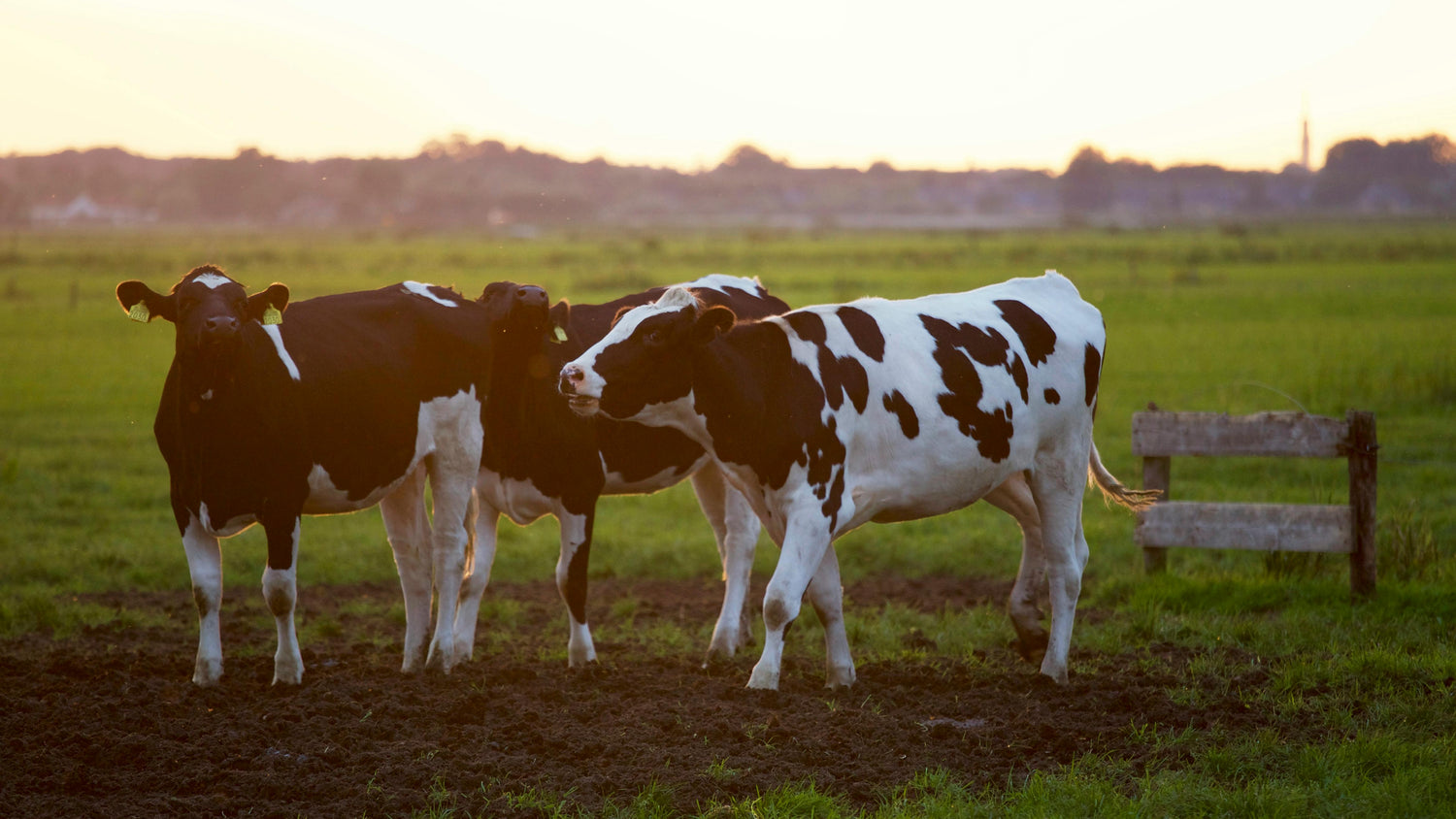
How to Store and Use Formula Milk Correctly
Aldebaran aldebaranWhen it comes to feeding your little one, ensuring that you have the right formula milk and knowing how to store and use it properly is essential for their health and safety. In this comprehensive guide, we will explore the best practices for storing and using formula milk, providing you with the knowledge to ensure that your baby receives safe and nutritious feedings.
Understanding Formula Milk
Formula milk is a specially designed alternative to breast milk, created to provide infants with the necessary nutrients they need for growth and development. It comes in various forms: powdered, concentrated liquid, and ready-to-use. Each type has its own storage and preparation requirements, which we’ll detail further.
Storage Guidelines
1. Choosing the Right Formula
Before diving into storage practices, it's important to choose a formula that meets your baby's specific needs. Consult with your pediatrician to determine the best type for your little one.
2. Unopened Formula
- Powdered Formula: Store in a cool, dry place, away from direct sunlight. An unopened canister can last for several months, but always check the expiration date before use.
- Concentrated Liquid and Ready-to-Use Formula: These types should also be kept in a cool, dry area. Once again, check the expiration date and avoid using them past this point.
3. Opened Formula
- Powdered Formula: After opening, it can typically be stored at room temperature for up to one month. Always use a clean, dry scoop to avoid contamination.
- Concentrated Liquid: Once opened, refrigerate and use within 48 hours.
- Ready-to-Use Formula: Store in the refrigerator and use within 48 hours after opening.
4. Storing Prepared Formula
If you prepare formula in advance, it’s crucial to follow these guidelines:
- Room Temperature: Prepared formula should not be left out at room temperature for more than 2 hours.
- Refrigeration: If you prepare formula ahead of time, it can be stored in the refrigerator for up to 24 hours.
- Freezing: Freezing is not recommended for formula, as it can affect the texture and nutritional quality.
5. Disposing of Unused Formula
Always discard any leftover formula that has been in your baby's mouth, as it can harbor bacteria. Additionally, any formula that has been left out for more than 2 hours should be discarded.
Preparing Formula Milk
1. Handwashing
Before preparing formula, wash your hands thoroughly with soap and water to minimize the risk of contamination.
2. Boiling Water
If you’re using powdered formula, it’s generally recommended to mix it with water that has been boiled and cooled to room temperature. This ensures that any potential bacteria in the powder is eliminated.
3. Mixing the Formula
- Powdered Formula: Measure the correct amount of formula powder as per the instructions on the packaging. Mix it with the appropriate amount of water, ensuring it’s well combined without any lumps.
- Concentrated Liquid: Dilute according to the instructions before use.
- Ready-to-Use: This type doesn’t require any mixing, making it convenient for on-the-go feeding.
4. Warming the Formula
If your baby prefers warm formula, you can warm it by placing the bottle in a bowl of warm water or using a bottle warmer. Avoid using a microwave, as it can create hot spots and potentially scald your baby.
Feeding Tips
1. Check the Temperature
Before feeding, always check the temperature of the formula by putting a few drops on your wrist. It should feel lukewarm, not hot.
2. Feeding Position
Hold your baby in a semi-upright position to minimize the risk of choking. Make sure to hold the bottle at an angle to keep the nipple filled with formula.
3. Burping Your Baby
Remember to burp your baby during and after feedings to help prevent discomfort from gas.
4. Responsive Feeding
Pay attention to your baby's cues. If they turn away from the bottle or refuse to drink, it’s important to respect their signals.
Storing and using formula milk correctly is vital to ensure your baby's health and well-being. By following these guidelines, you can provide safe, nutritious feedings that support your little one’s growth. Always consult with your pediatrician if you have any questions or concerns about feeding practices. With the right knowledge and preparation, you can make formula feeding a smooth and enjoyable experience for both you and your baby.




